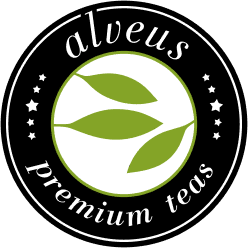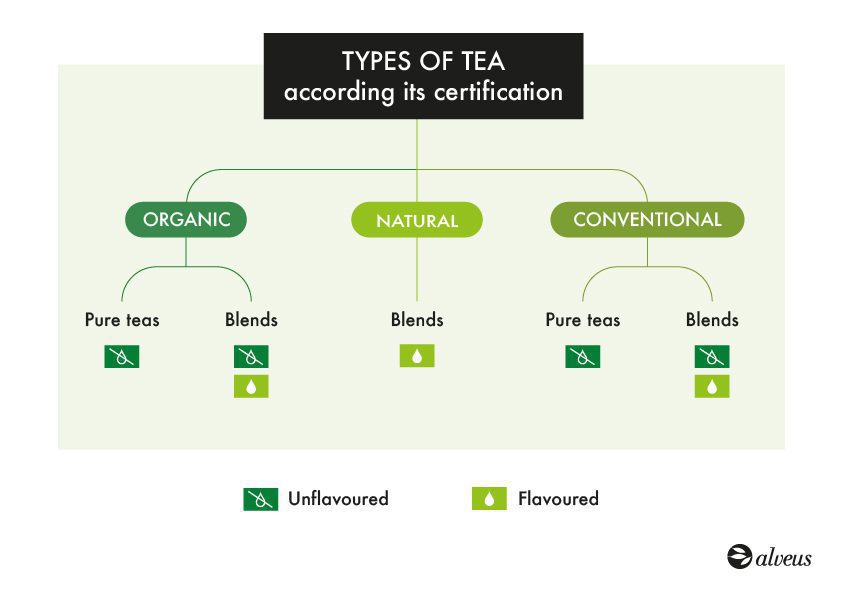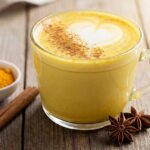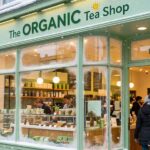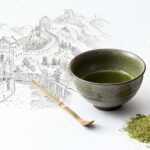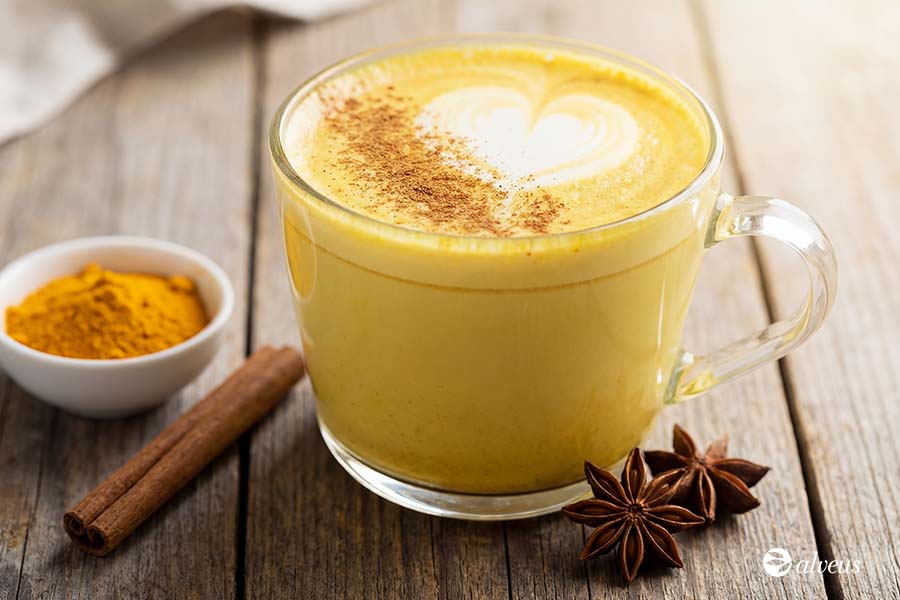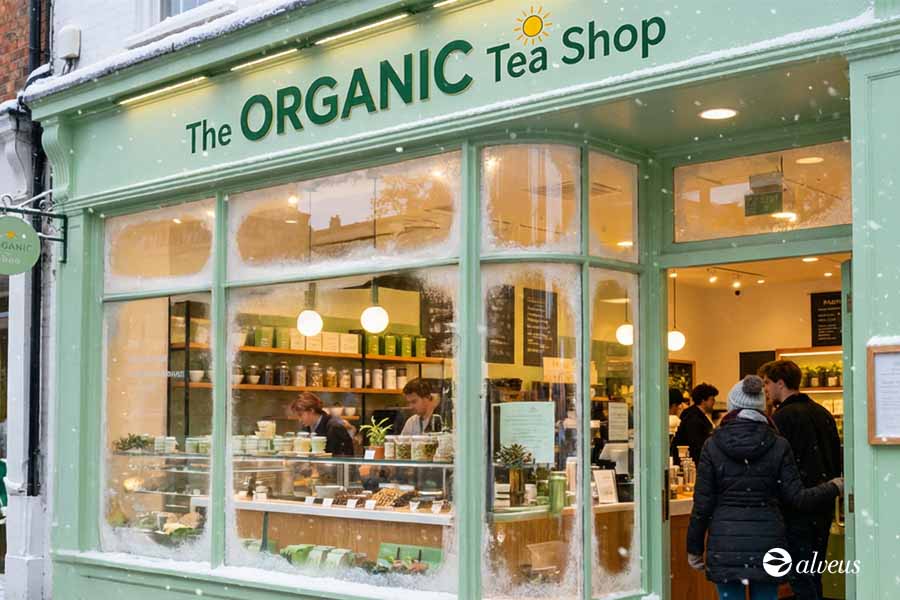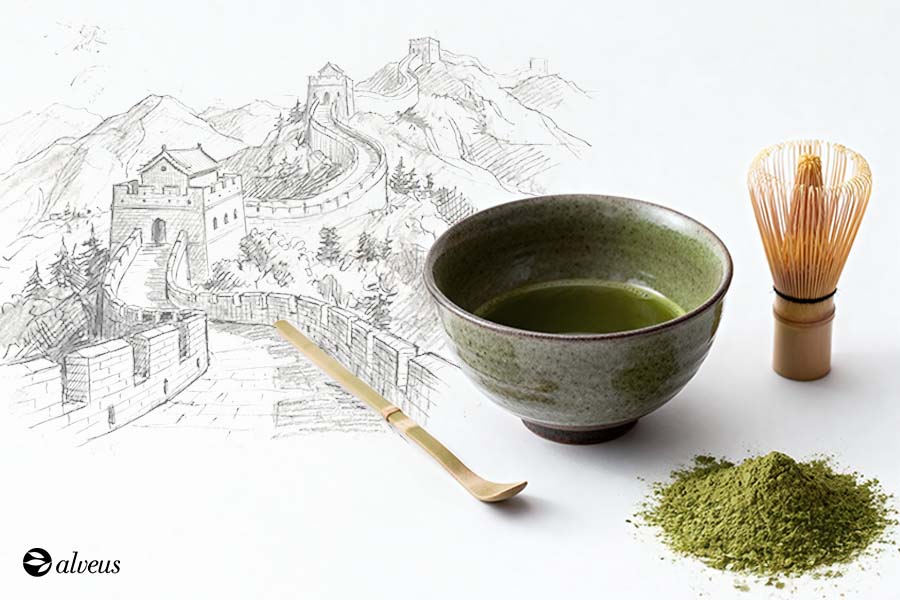Our customers frequently ask, what is the difference between organic, conventional, and natural teas?
Understanding these differences is crucial for selecting the product that best fits the needs and values of each consumer. Likewise, it enables them to offer a richer and more diversified range of options in their tea businesses.
In a market where quality, origin, and sustainability are more on-trend than ever, having as much information as possible is vital. This is the best way to make conscious and responsible purchasing decisions.
In this post, we explain how teas are classified based on their origin and certification.
What are Organic Teas?
BIO
Organic teas can be pure, such as our China Gupowder Grade 1 ORGANIC, or blends like our Amour Provence ORGANIC.
Within blends, we can find organic teas without flavouring, i.e., blends of teas with other ingredients, or flavoured organic blends.
In the case of flavoured teas, we exclusively use FTNF (From The Named Fruit) aromas, meaning that the aromas come a 95% from the named fruit, ensuring an authentic and natural sensory experience.
Undoubtedly, organic teas represent the utmost respect for the environment, allowing you to offer a natural and unique experience to your customers.
What are Conventional Teas?
Conventional
Conventional teas refer to teas and infusions grown and processed using traditional agricultural methods.
Unlike organic teas, which are produced under strict organic standards, avoiding pesticides and synthetic chemical fertilisers, conventional teas may use these substances to increase plant productivity and resistance.
However, you can be assured that our teas are natural, even when conventional! In Europe, food safety controls are rigorous. Additionally, we always strive to purchase raw materials well below the permitted pesticide limits.
Conventional teas can be pure, like our Japan Sencha, or blends like our Earl Grey Deluxe Lady Star.
They can also be flavoured or unflavoured. In the case of flavoured conventional teas, almost all of our offerings use only natural aromas.
What are Natural Teas?
Natural
These blends hold a special place in our premium recipe collection because they demonstrate that conventional teas can be a sustainable option. Additionally, they attest our philosophy: the utmost commitment to naturalness.
Beyond Types: Commitment to Quality and Sustainability
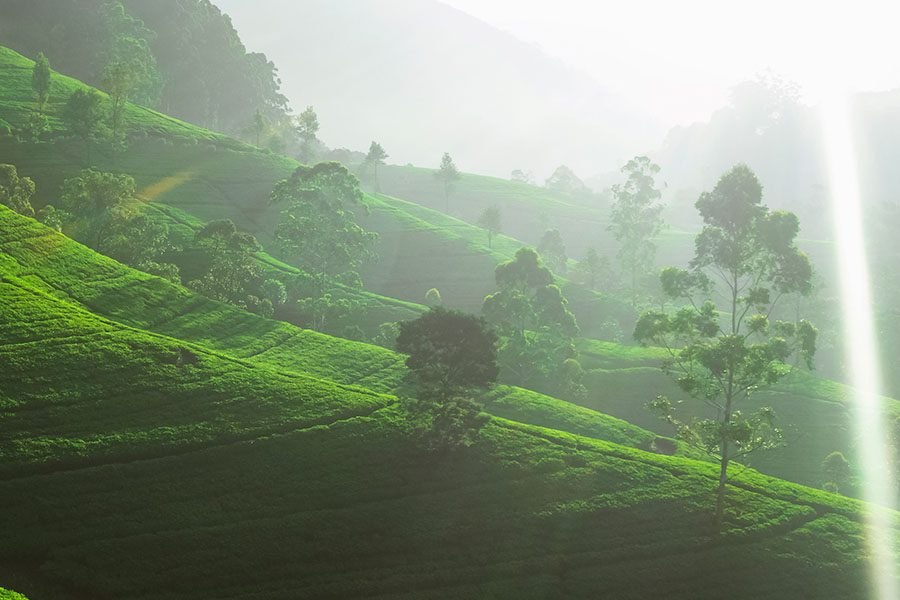
Our vision goes beyond offering different types of tea and infusions; we strive to ensure sustainability in every step of the process, from cultivation to cup.
We work closely with our suppliers to guarantee responsible and fair agricultural practices and are constantly seeking innovations to reduce our environmental impact.
Conclusion
When choosing between organic, conventional, or natural teas, our customers are not only selecting a product but also adopting a set of values and practices that resonate with their customers.
At Alveus, we are proud to offer this diversity, ensuring that every business can find exactly what it needs to satisfy the tastes and preferences of its customers while positively contributing to the well-being of the planet and to all who inhabit it.
